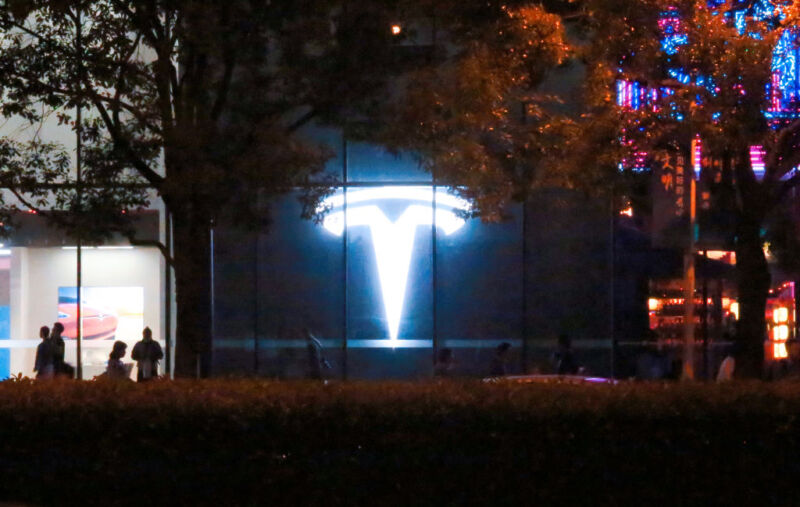
Tesla has denied that “any defect in the Autopilot system caused or contributed” to the 2022 death of a Tesla employee, Hans von Ohain, whose Tesla Model 3 burst into flames after the car suddenly veered off a road and crashed into a tree.
“Von Ohain fought to regain control of the vehicle, but, to his surprise and horror, his efforts were prevented by the vehicle’s Autopilot features, leaving him helpless and unable to steer back on course,” a wrongful death lawsuit filed in May by von Ohain’s wife, Nora Bass, alleged.
In Tesla’s response to the lawsuit filed Thursday, the carmaker also denied that the 2021 vehicle had any defects, contradicting Bass’ claims that Tesla knew that the car should have been recalled but chose to “prioritize profits over consumer safety.”
As detailed in her complaint, initially filed in a Colorado state court, Bass believes the Tesla Model 3 was defective in that it “did not perform as safely as an ordinary consumer would have expected it to perform” and “the benefits of the vehicle’s design did not outweigh the risks.”
Instead of acknowledging alleged defects and exploring alternative designs, Tesla marketed the car as being engineered “to be the safest” car “built to date,” Bass’ complaint said.
Von Ohain was particularly susceptible to this marketing, Bass has said, because he considered Tesla CEO Elon Musk to be a “brilliant man,” The Washington Post reported. “We knew the technology had to learn, and we were willing to be part of that,” Bass said, but the couple didn’t realize how allegedly dangerous it could be to help train “futuristic technology,” The Post reported.
In Tesla’s response, the carmaker defended its marketing of the Tesla Model 3, denying that the company “engaged in unfair and deceptive acts or practices.”
“The product in question was not defective or unreasonably dangerous,” Tesla’s filing said.
Insisting in its response that the vehicle was safe when it was sold, Tesla again disputed Bass’ complaint, which claimed that “at no time after the purchase of the 2021 Tesla Model 3 did any person alter, modify, or change any aspect or component of the vehicle’s design or manufacture.” Contradicting this, Tesla suggested that the car “may not have been in the same condition at the time of the crash as it was at the time when it left Tesla’s custody.”
The Washington Post broke the story about von Ohain’s fatal crash, reporting that it may be “the first documented fatality linked to the most advanced driver assistance technology offered” by Tesla. In response to Tesla’s filing, Bass’ attorney, Jonathan Michaels, told The Post that his team is “committed to advocating fiercely for the von Ohain family, ensuring they receive the justice they deserve.”
Michaels told The Post that perhaps as significant as alleged autonomous driving flaws, the Tesla Model 3 was also allegedly defective “because of the intensity of the fire that ensued after von Ohain hit the tree, which ultimately caused his death.” According to the Colorado police officer looking into the crash, Robert Madden, the vehicle fire was among “the most intense” he’d ever investigated, The Post reported.
Lawyers for Bass and Tesla did not immediately respond to Ars’ request for comment.